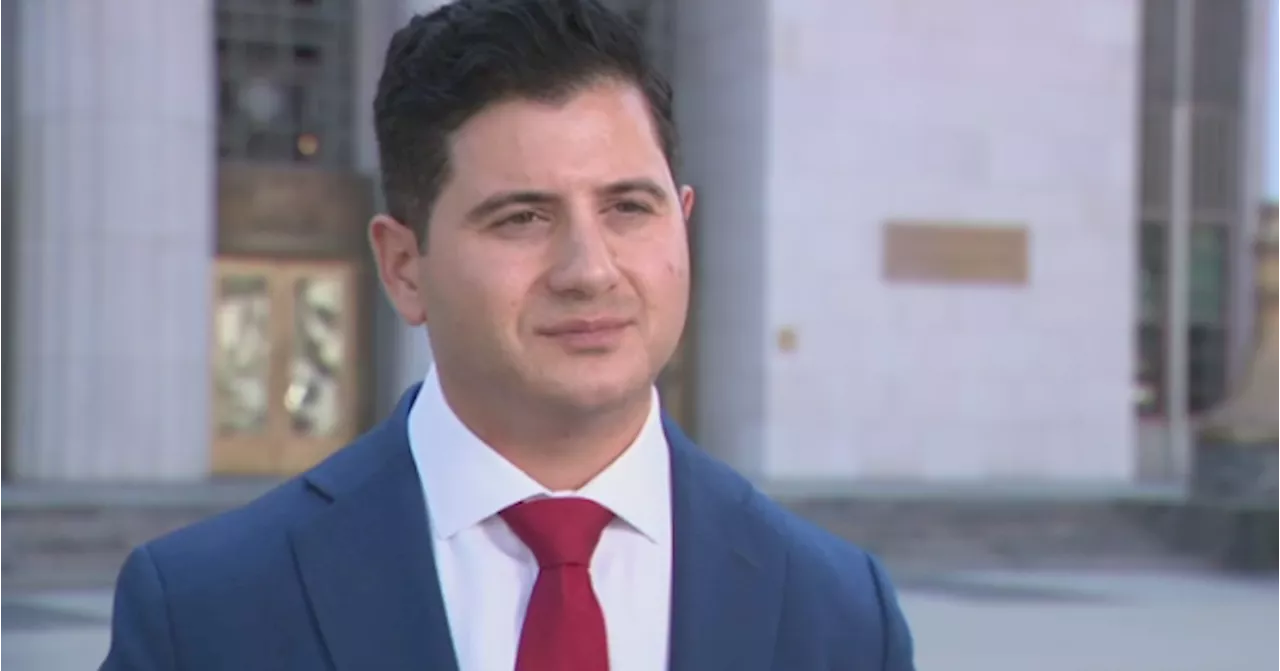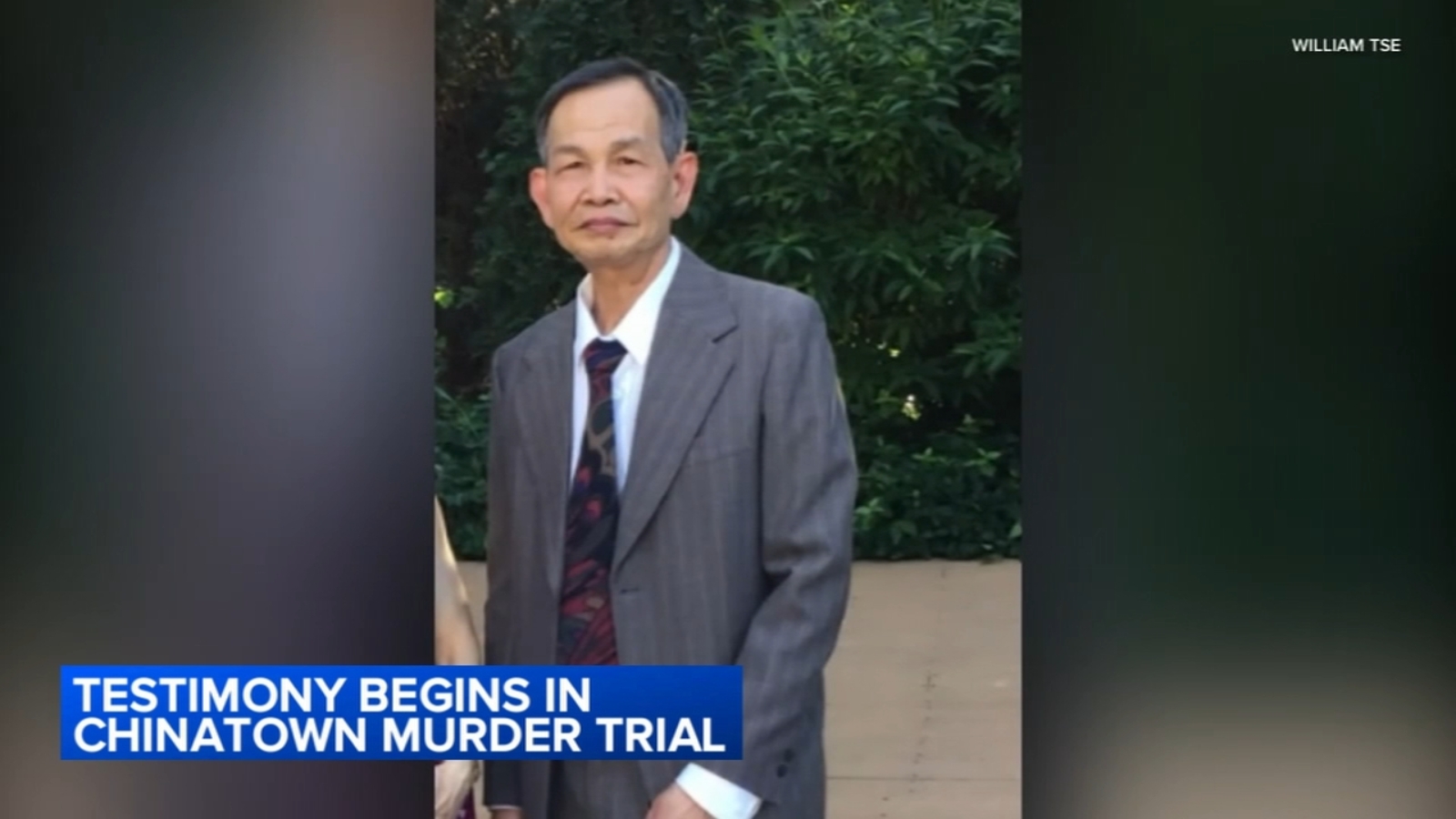BREAKING: Federal authorities have just announced the indictment of 20 individuals, including 14 current and former law enforcement officers from the Mississippi Delta, in a shocking drug trafficking bribery scheme. This urgent news comes as U.S. Attorney Clay Joyner revealed at a press conference that officials allege the officers accepted bribes to ensure safe passage for drug traffickers.
The investigation, spanning multiple counties in the Mississippi Delta and parts of Tennessee, culminated in the arrests of Washington County Sheriff Milton Gaston and Humphreys County Sheriff Bruce Williams. Joyner described the situation as a “monumental betrayal of public trust,” emphasizing the severe implications for law enforcement integrity.
According to the indictments, officers provided armed escorts to an FBI agent posing as a member of a Mexican drug cartel, knowingly facilitating the transport of 25 kilograms of cocaine through Mississippi and into Memphis. In exchange for their “blessing,” Gaston and Williams allegedly received bribes disguised as campaign contributions, failing to report these transactions as mandated by law.
Mississippi Governor Tate Reeves expressed his disappointment over the allegations, stating, “The law must apply equally to everyone regardless of the title or position they hold.” He assured the public that those who betray the trust of the people will face consequences.
Additional details reveal that Sunflower County Sheriff James Haywood confirmed the arrest of a deputy, Marvin Flowers, who had served for 13 years. The urgency of these developments is underscored by the fact that numerous Mississippi law enforcement agencies have faced federal scrutiny in recent years.
This incident is not isolated; in 2024, former Hinds County Sheriff Marshand Crisler was convicted for accepting $9,500 in bribes, while former Noxubee County Sheriff Terry Grassaree pleaded guilty to making false statements to the FBI.
The current indictments raise significant questions about the integrity of law enforcement in the region and could lead to a broader examination of practices within similar agencies. As the legal process unfolds, attention will focus on the outcomes of these charges and their implications for public trust in law enforcement.
As this story develops, readers are encouraged to stay tuned for updates regarding the indictments and the future of those involved. The repercussions of this scandal may extend far beyond the individuals directly charged, impacting community relations and law enforcement operations across Mississippi.






